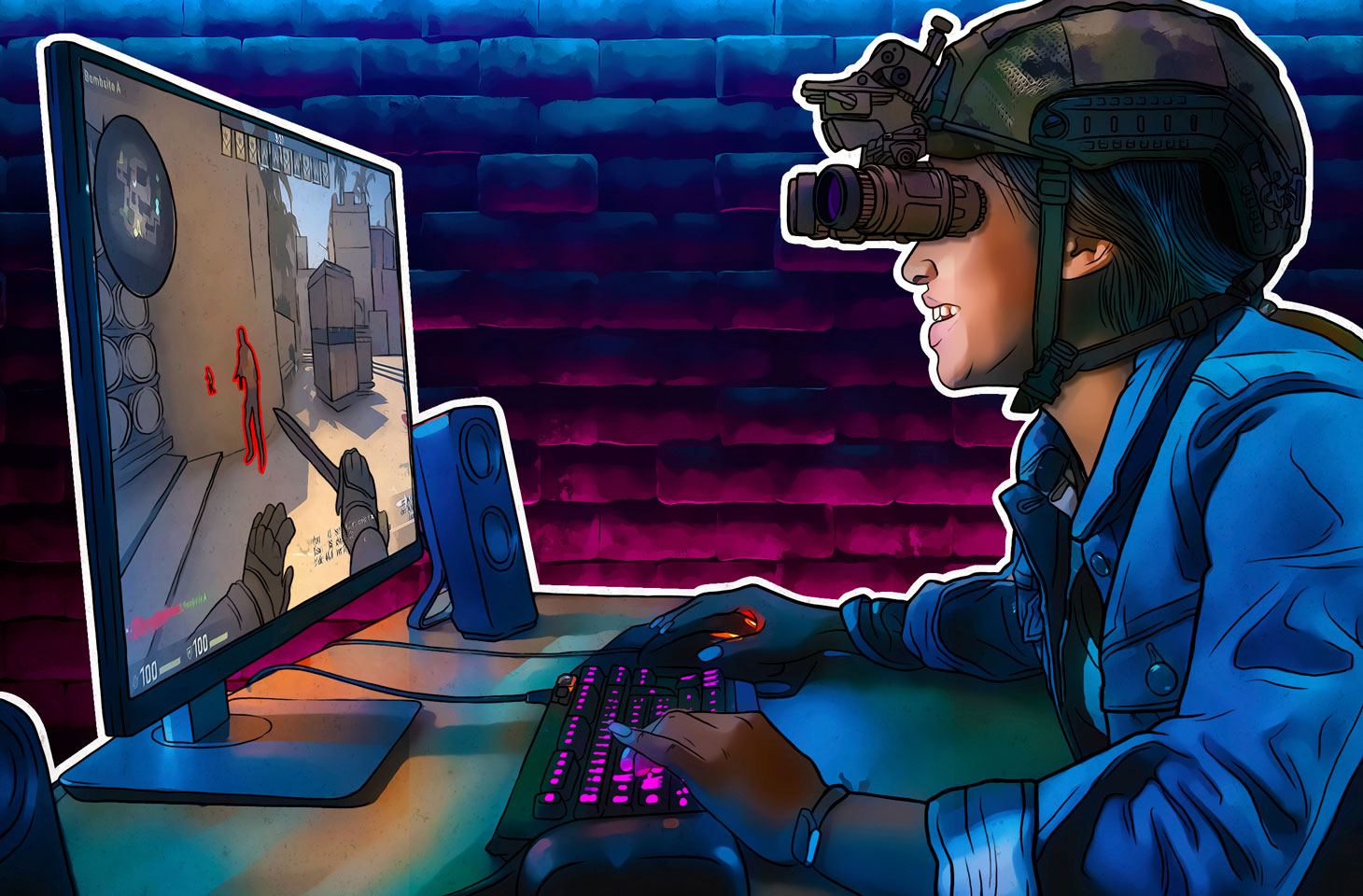
Hackers or cheaters who are cheating in video-games are taking unethical advantage over the particular game, by undertaking various strategies. Importantly after cheats and bugs were released into the society the value of a particular game would gradually decrease. With millions of players, Minecraft is a very addictive game. It can be very hard to break away from, and you may waste a lot of your time. But fortunately, there are ways to overcome it. See if you are addicted. If you are spending. The exit is a nice touch as most survival games just have you building up and leveling up till you eventually give up! Keeping the goal of escape in place ensures the player’s interest for a long, long time. Player (PvP) You will compete with other players on the map and damage their territory and ultimately kill them.
This resource is based on the approaches to ethics outlined in the Markkula Center for Applied Ethics’ Framework for Ethical Decision Making.
From a Utilitarian Perspective
Some players and developers argue that video games are better at teaching logic and problem solving skills than many school curriculums. And undeniably, video games bring players pleasure. How would be weigh these benefits against the potential harms that have been attributed to games, such as addiction, gender stereotyping, and the promotion of violence?
From a Rights Perspective
Are video games a form of speech, and if so, do they come under the protection of the right to free speech? Should we try to regulate this 'speech' if it degrades women? If it leads to violence? How can we defend the access of adults to whatever forms of speech they choose to hear while simultaneously protecting children from exposure, especially when gaming is such a popular activity for kids? Should it be a crime to sell games with adult content to children? Should content be regulated?
From a Fairness Perspective
Currently, video games appeal overwhelmingly to males. Only 7-8 percent of video game developers are women. Are women being excluded? Is this a problem? In some video games, the only female characters are prostitutes, and the games sometimes encourage killing them. How does this shape the players' views about women? How do questing games portray men, and is that a stereotype?

From a Common Good Perspective
What effect does video gaming have on the community? At what point-five hours a week? 25 hours a week?-does gaming interfere with people's obligations to their families and communities? Is gaming an asocial activity, or does it involve players in a different kind of community? Can true communities exist online? Do game developers have any obligation to make the on-line experience less addictive?
Addicted To Cheating In Games Online
From a Virtue Perspective
Understanding that there are only 24 hours in a day, how much time should you fill up with video games, and what kind of person will that make you? Is there anything inherently more virtuous about reading than about playing video games? What difference does the content make? Does playing violent video games make you violent? Does playing violent games desensitize you to violence? Let's say the violence has no effect on you but you know that for some subset of the people playing video games, all the gore brings out an inclination to violence-should their access to the games be restricted, and how? Should young children be allowed to play violent games?
This list of questions was prepared by the Markkula Center for Applied Ethics for a presentation Nov. 29, 2005, in conjunction with the 'Game On' exhibit at the Tech Museum of Innovation, San Jose, Calif.